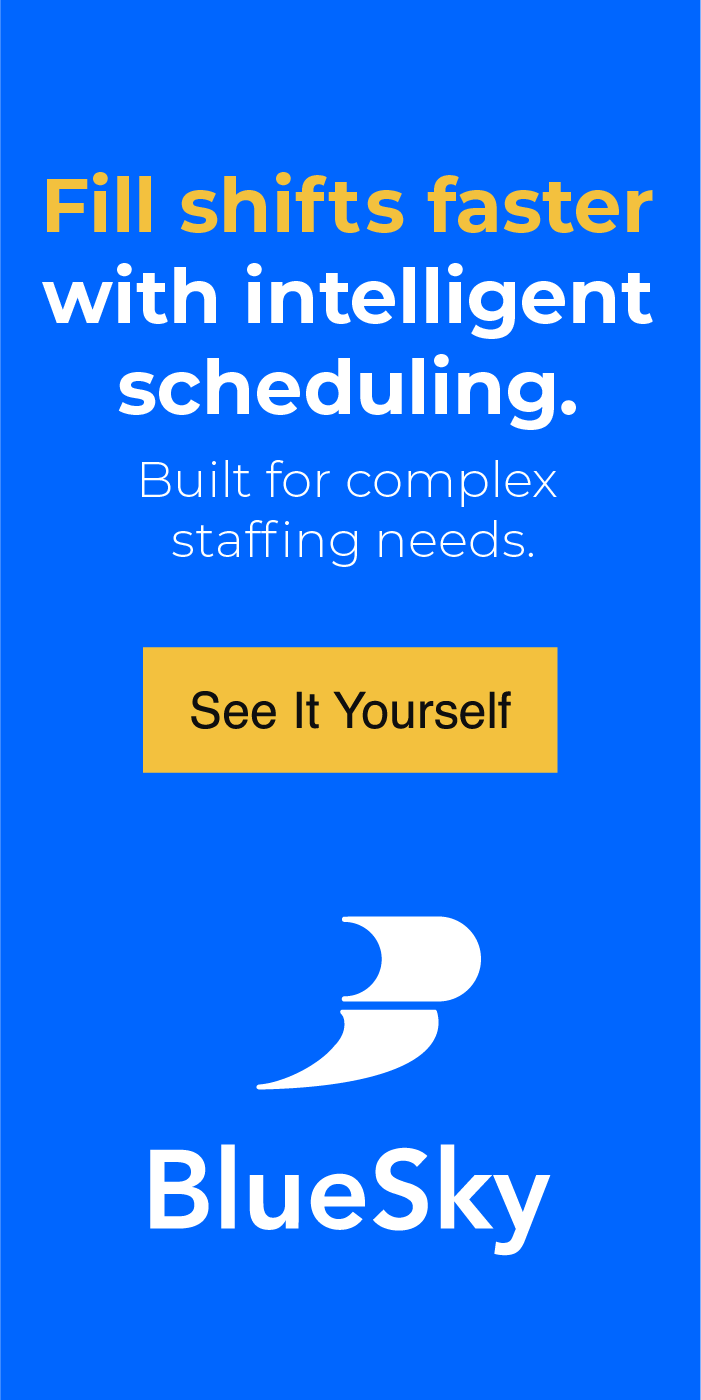Health System Difficulties with Technology
Hospitals and health systems are being forced to adapt to ever-changing technology systems in the name of pursuing the best care for their patients. However, many healthcare professionals say that the healthcare system is one of the slowest in embracing new technology as it emerges, and is sometimes left behind.
Why are they having such a hard time?
According to Forbes, there are a few main reasons why the healthcare system faces challenges adapting. First, the Forbes researchers believe that tech entrepreneurs do not begin their process with unpacking how their development can tangibly improve the lives of patients, rather they save this exploration until the end. If the technology is unable to improve the lives of patients in some way, the healthcare systems render it useless.
Secondly, technological advancements require money and are incentivized by profit. There is a disconnect between patients, hospitals, and doctors as to who is to bear the cost of obtaining and developing new technologies. This can sometimes lead to a stall as everyone believes that someone else should be undertaking the cost. It is important to consider that doctors and hospitals work for profit, so undertaking a large cost that will, in turn, lower cost per visit and therefore their profit is counterintuitive.
The Forbes researchers also found that adopting new technologies comes with a learning curve that sometimes lends older doctors to stick to their old ways. Learning new ways for procedures and data entry takes time away from seeing patients, and sometimes causes facilities to forgo new technology. It is also important to remember that testing of new technology in a controlled environment does likely not account for what human errors could occur.
It can’t be that bad to adjust to new software, can it?
It is important to consider all things and to remember that technology is imperfect. Most commonly, this can be seen in medication errors and treatment delays as doctors adapt to understanding messaging in new systems. Especially in the beginning stages of implementation, there should be close human monitoring to make sure that nothing is missing. Doctors may also feel that technological developments in medical procedures take the human aspect out of it, as technology is unable to communicate with the patient and their emotions in the way that a real doctor is. Personalized medical care is just as important as technologically advanced medical care.
Providers also expressed concerns about the meshing of different technology systems as some are phased in while others are phased out. Healthcare professionals want to make sure that all of their systems can exchange information in the most accurate and efficient ways possible, and this means that all of the systems have to be able to run together smoothly. There are also potential safety problems if the systems fail to work together properly or if any information is not conveyed correctly. The more complex systems can also pose a challenge in understanding when there is a problem in a specific part of the system, as they are probably quite hard to sort through.
With all of this in mind, Net Solutions points to the positive ways in which technology can be fused into outstanding healthcare systems to make doctor’s lives easier and patients’ experiences better. Improved technology systems will allow healthcare providers across disciplines to all access the same information about their patients’ health, so they can make informed care decisions alongside a patient’s other doctors. It also makes sure that this information can be exchanged securely and is only visible to the parties that the patient permitted to. These systems also offer a new way to make sure that large amounts of information are easily sortable and that no notes are lost in paper form.
With these complex systems, even the smallest of details can be recorded and easily found when the doctor or provider needs to look to them. Technology is also pointed to as a solution for misallocation of resources or wastefulness, which comes with huge financial and environmental costs in an industry as big as the healthcare sphere. Managing supply logistics is a difficult task for anyone, so the aim is that through streamlining this process, healthcare providers can minimize waste and allocate resources in the most efficient way possible.
So there are benefits!
There are both positive and negative aspects of the integration of technology into healthcare spaces. With the wellbeing of both the patient and doctor in mind, technology can be responsibly utilized to make processes more efficient and keep patients healthier. To see a shift in the industry to celebrating all new technology, we must first look to address the concerns raised.
Sources
5 Problems Which Healthcare Technology Can Solve for a Healthier World. (2020, January 13).
Retrieved from https://www.netsolutions.com/insights/5-healthcare-problems-which-digital-technologies-can-solve-for-a-fit-and-healthy-world/
Cohen, J. K. (n.d.). 5 technology challenges facing hospitals today. Retrieved from
https://www.beckershospitalreview.com/healthcare-information-technology/5-technology-challenges-facing-hospitals-today-1-way-to-alleviate-the-burden.html
Robert Pearl, M. D. (2014, September 11). 5 Things Preventing Technology Adoption In Health
Care. Retrieved from https://www.forbes.com/sites/robertpearl/2014/09/11/5-things-preventing-technology-adoption-in-health-care/#50f189096889

